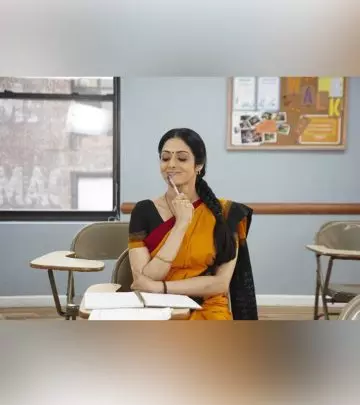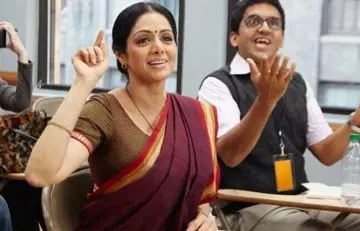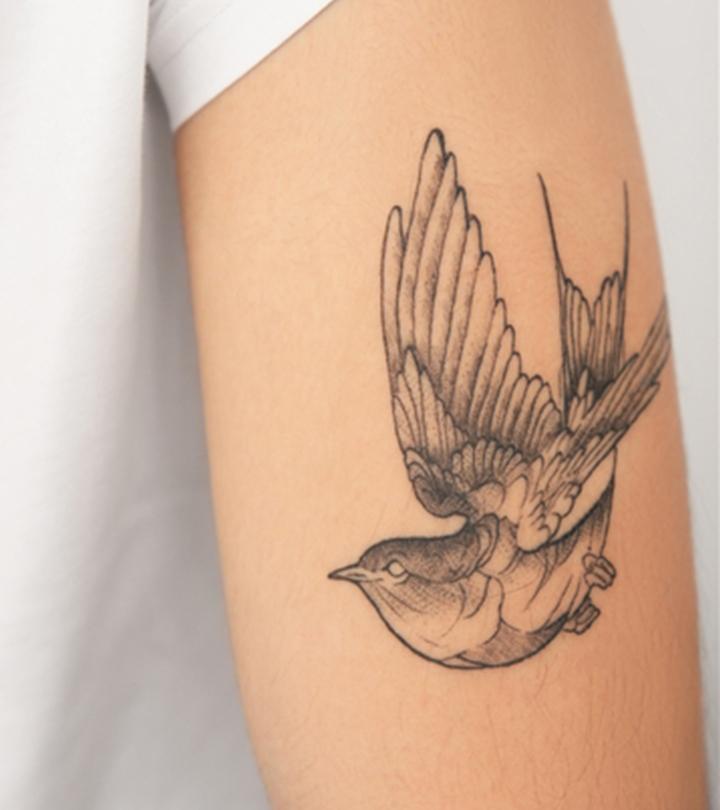Here’s Why Using Terms Like “Shelf Life” When Discussing An Actress’s Age Is Disrespectful

It’s no secret that Bollywood does not treat actors and actresses the same way. While actors are often offered leading roles well into their forties, fifties, and later, actresses are mostly typecast into playing matronly roles or supporting characters. They are rarely ever given roles that let them play the protagonist. There have even been times when an actress of the same age as the lead actor has played his mother in the film and it makes us truly beg the question: “Why the discrimination?” Women in showbusiness are often subjected to the concept of “shelf life”. While a lot of actresses have broken the odds and acted in movies well past their so-called “prime” it isn’t quite the norm, unfortunately. So let’s look at two iconic actresses and how they defied the misogynistic rule of “shelf life” and why the term should not be used anymore:
The “Norm”al Lovestory
What’s the regular norm of a Bollywood film? Character A meets character B and they start to catch feelings, the pair have a fall out due to some unforeseen obstacle, they work through their obstacle and profess their undying love for one another. Okay, maybe not every film has the exact same plot but I guarantee you’ve thought of at least three films with the same underlying plotline. The point is, that the protagonists are usually around the same age or maybe the male character is older. And when it comes to casting the characters, if it’s a high-budget film that chases after one of the big Khan’s, then they would probably cast a bright, young newcomer alongside the actor.
It is very rare to see a female actress who is older than the lead actor take on the role of his love interest. Films like Dil Chahta Hai and Ae Dil Hai Mushkil come to mind when you think of this idea. However, even in Dil Chahta Hai, we see people question the age gap between the characters of Tara and Siddharth. Tara is shown to be a woman in her middle ages going through a bitter divorce while Siddharth comes across as this naive child who’s fallen madly in love with not Tara, but the concept of Tara. Similarly, in Ae Dil Hai Muskhil when Ayan finds himself in the arms of Saba, he sees her as this mature, older woman who can help him fix his broken heart. Rather than try to fix himself, Ayan ends up hurting himself and Saba in the process.
Breaking Stereotypes
The first film that often comes to mind when we think of breaking the “shelf-life” stereotype is probably the film English Vinglish by Gauri Shinde. The film starred late veteran actress Sridevi, who was well into her 40s when she took on the role. It was the story of a middle-aged woman, Shashi, who tries to learn how to speak English to improve her confidence and prove to the family that she is capable enough to be independent. It features Adil Hussain as Sridevi’s equally middle-aged husband, Satish, as well as the much younger actor Mehdi Nebbou as a French man who falls in love with her character.
This movie broke stereotypes because it proved that age did not matter. When Laurent fell in love with Shashi, he wasn’t thinking of how old she was or how young he was. All that mattered to him was that she made him happy. While Shashi does choose to stay with her husband over running away with Laurent, that doesn’t spoil the bond they share as friends.
“Shelf Life” Is Insulting To All Those Who Identify As Women
Tying women down to the way they look may not just be restricted to the entertainment world. There are many client-facing roles out there too that discuss the concept of shelf-life and talk about women like they’re found on the shelves of grocery stores. In the entertainment industry, the concept is that a younger actress will come along and steal the role of older actresses. While other work cultures might not be as superficial as the entertainment industry, there is no denying that women are treated differently from men due to their age.
Even the stupid “boomer joke” or “Never ask a man his salary and never ask a woman her age” is so derogatory. Why would you be asking these questions to people who aren’t your family or friends anyway? The plain reason why the term “shelf life” is derogatory is just that. It refers to the time in which a product of commodity can be used before it has expired. So, is that the message we should be sending out to young women everywhere? That someday everything that marks them feel worthy about themselves is going to “expire” because some idiots think they’re “too old”.
It isn’t okay to objectify women (or anybody for that matter) and make them feel like they’re products to be consumed. There are so many other ways you can talk about someone’s career without using the word “shelf-life”. You can easily replace this term with words like “career span” or “the length of their career”; the way you would say if you were discussing a man’s career. So lets all band together and stop using language that discriminates against each other’s genders. Tell us all your thoughts in the comment section below. Share this article if you agree that “shelf life” is a stupid term.

















